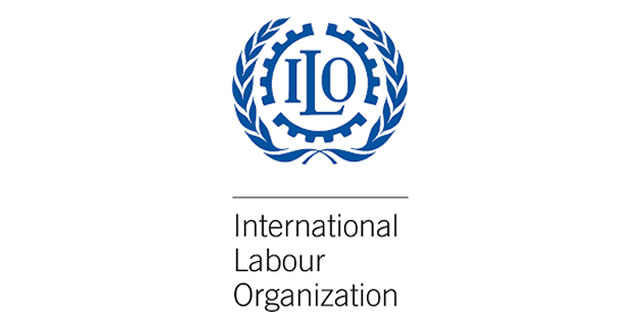
The Director-General of the International Labour Organisation, Gilbert Houngbo, has called on G20 labour and employment ministers and other world leaders to address skill gaps.
Speaking recently during the G20 Labour and Employment Ministers’ meeting in Indore, India, Houngbo urged leaders to invest in social protection and adopt sustainable financing for employment and social policies to reduce inequalities in the global labour market.
According to ILO, the meeting highlighted the need to sustainably finance social protection, extend social security to more workers, including gig and platform economy, and address the global skills gap.
The ministers’ meeting centred on addressing the global skills gaps, extending social protection to platform and gig workers, and sustainably financing national social protection systems.
The ILO said ministers agreed on specific policy priorities to accelerate progress on the first two challenges and a set of policy options regarding the third.
“At present, the global employment divide is deepening in the face of global shocks and risks, with low-income countries being left further and further behind.
“To tackle this situation and to promote social justice, more global resources must be mobilised. Initiatives such as the UN Global Accelerator on Jobs and Social Protection for Just Transitions play a pivotal role in generating the necessary technical and financial support. Such endeavours need to be part of a broader reform of the international financial architecture to make more resources available for achieving the Sustainable Development Goals,” the ILO DG averred.
Houngbo remarked the NEET rate (young people aged 15 to 29 who are Not in Employment, Education or Training) was back to or below its pre-pandemic level and that 12 G20 members were on track to achieve the target.
He advised that to make further progress, and to tackle gender inequality, in particular, action must focus on promoting more and better employment for the youth by investing in economic sectors with high youth employment potential and improving the quality of employment to provide incentives for labour market participation.
The Director of the ILO Research Department, Richard Samans, said, “Regions, where skills gaps are pervasive, are also more likely to experience high unemployment.
“In a turbulent time, ‘investment in people’ restores the trust in institutions and helps build a new social contract. Therefore, massive investment in skills is needed more than ever, as we face the need to achieve socially just green and digital transitions.”





